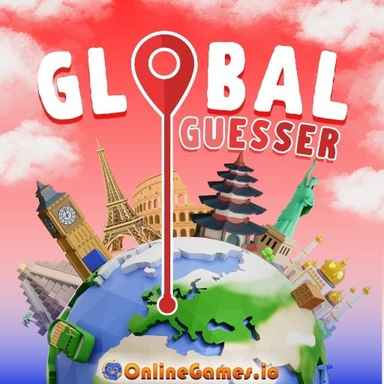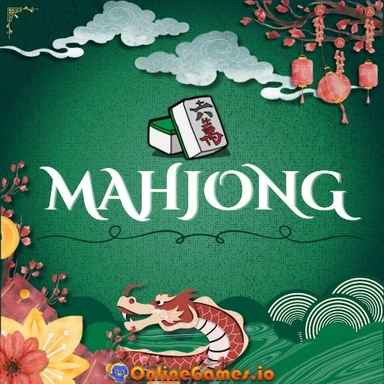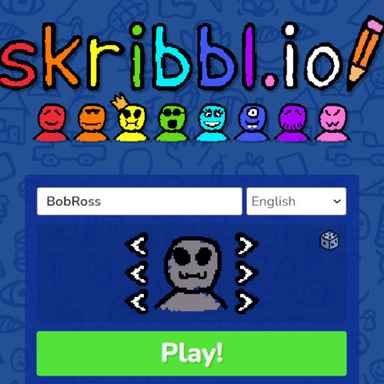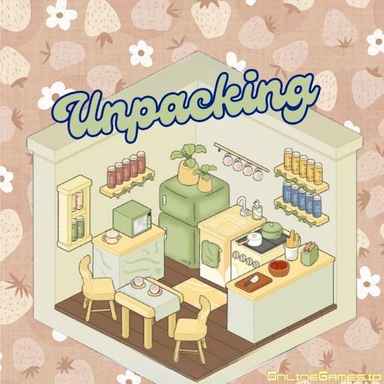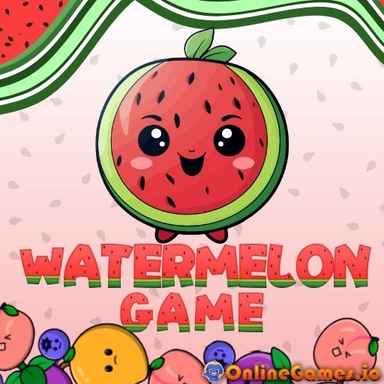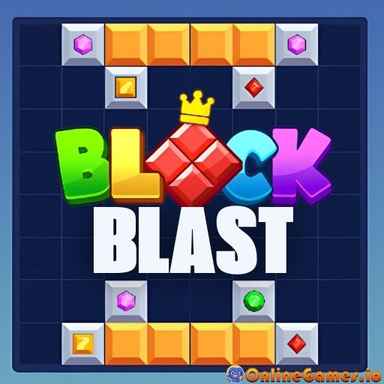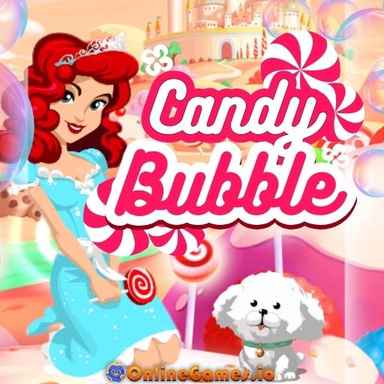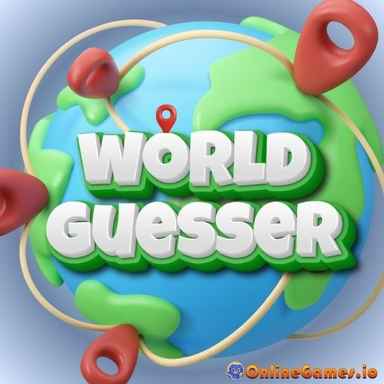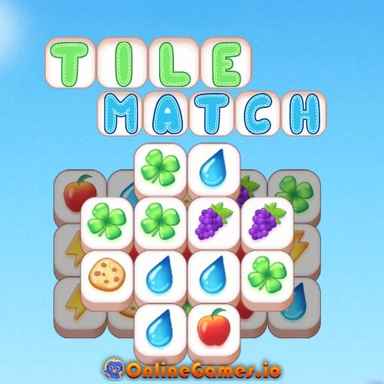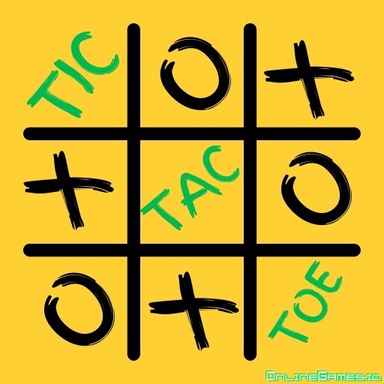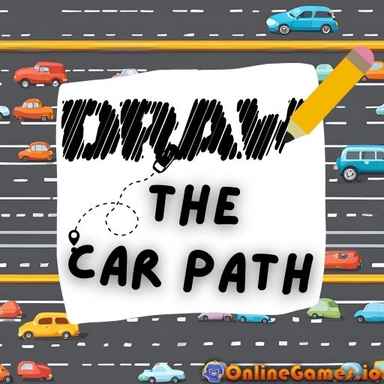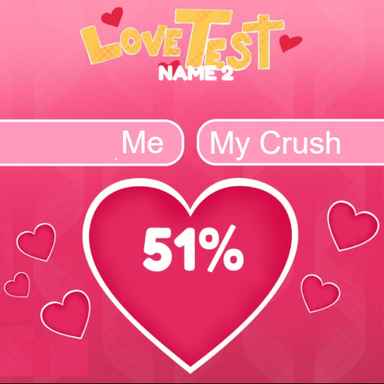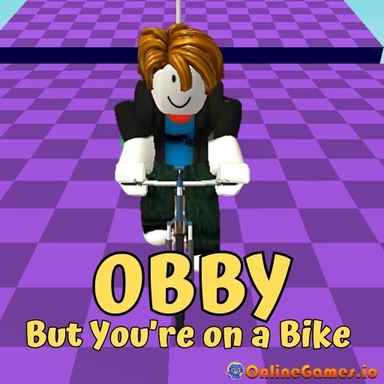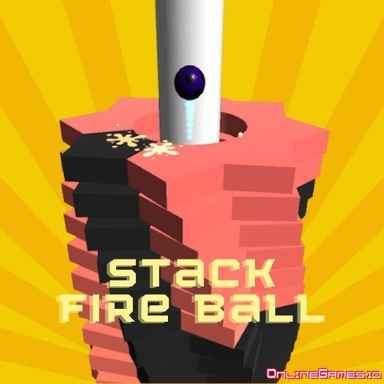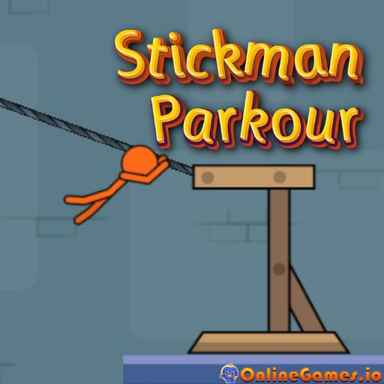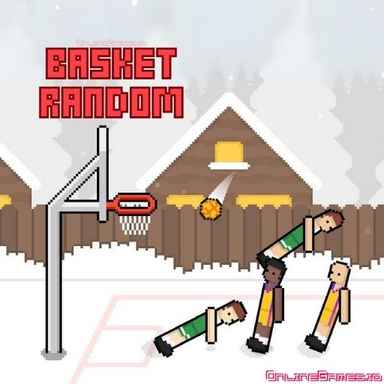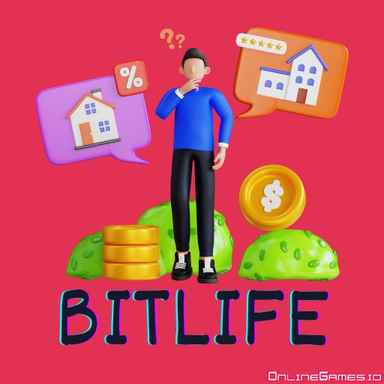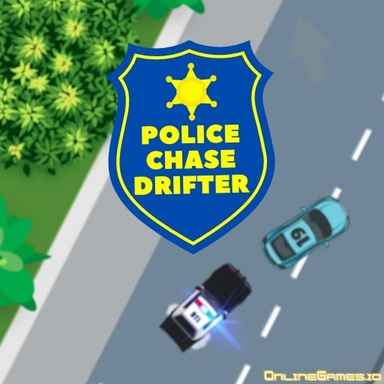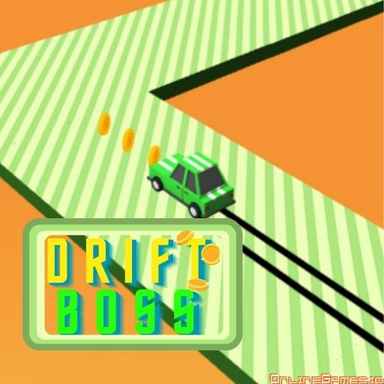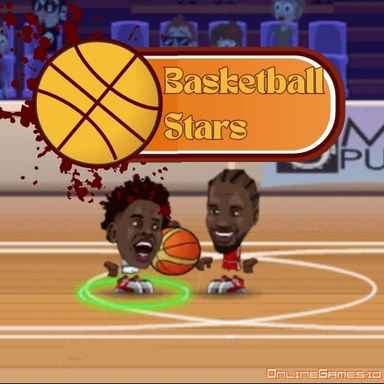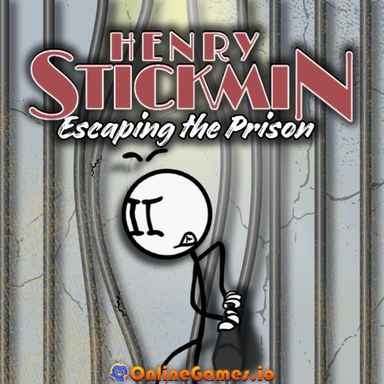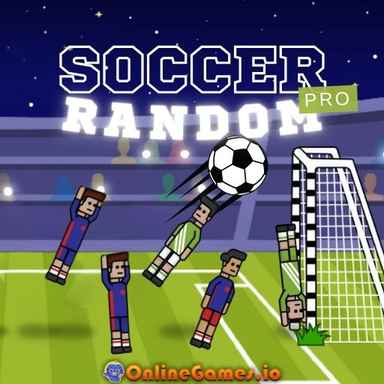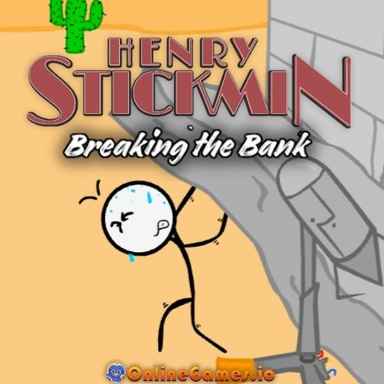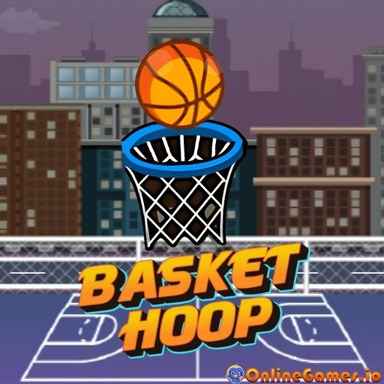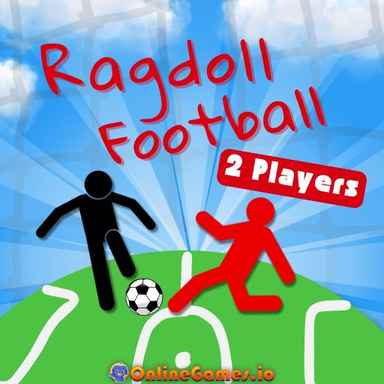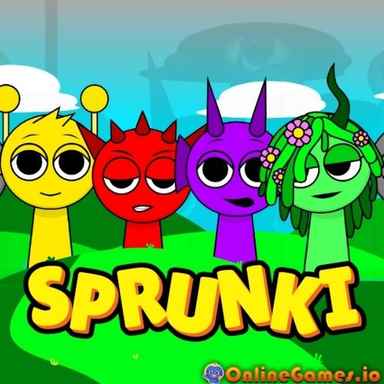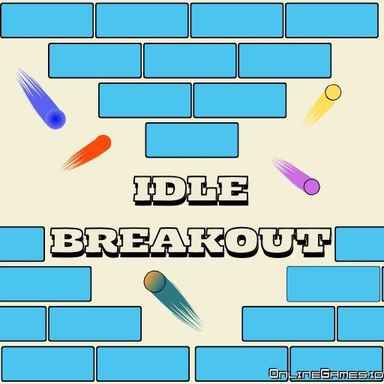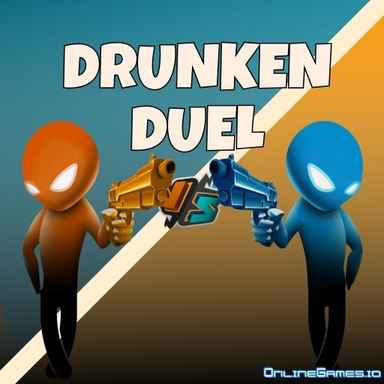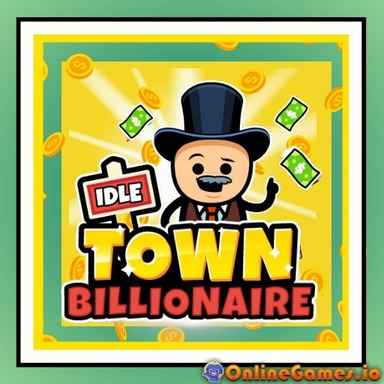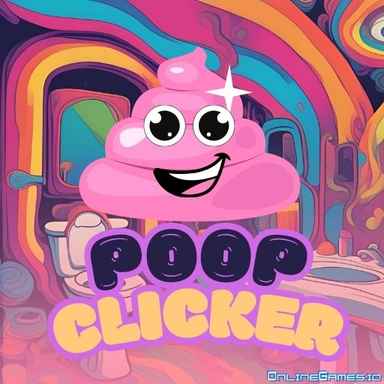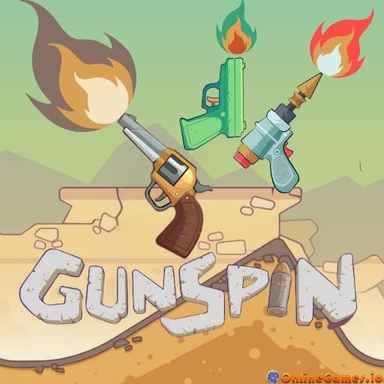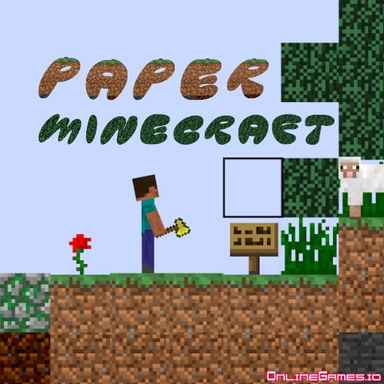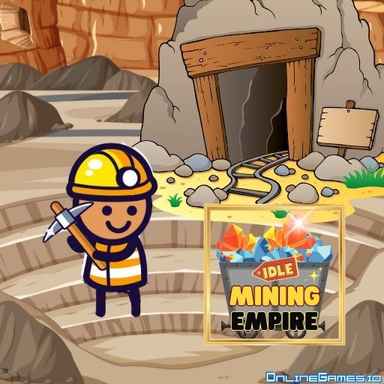Wordle
Wordle is a daily word puzzle game that challenges you to guess a five-letter word in a maximum of six attempts. Each guess provides a color-coded feedback. Grey for incorrect letters, yellow for misplaced ones, and green for correct placements. Josh Wardle created this game as a personal gift to his word game fan girlfriend. And the game unexpectedly took over the internet, becoming a part of morning routines, Twitter, Facebook, WP group chats, and even friendly rivalries. You may be wondering what's the hype about (like me in three years ago). So here on this page, I'll do my best to explain Wordle's rules, scientific strategies, and my personal story on how I first stumbled upon Wordle.
I Didn’t Plan to Play Wordle
I don’t remember exactly when I first heard about Wordle, but I do remember the first time I played it. It was one of those nights in the pandemic years when I was mindlessly scrolling through my phone, half-listening to a YouTube video in the background. An account on Twitter had shared this weird little grid of green, yellow, and gray squares with a caption like, “Today’s was tough!” No link, no explanation. Just a bunch of squares.
At first, I ignored it, but then I saw another one. And another. It was everywhere. People weren’t just playing this game, they were showing off their results like some kind of secret club. As I have more drive than a GPS on a road trip, curiosity got the best of me. So I Googled it.
I remember clicking the link, staring at the empty grid, and thinking, “Alright, let’s see what all the fuss is about.” I typed in the first five-letter word that came to mind (probably something random like “PLANT” because why not?). Some letters turned yellow, and I felt a small rush, like I had cracked part of a puzzle (felt like Alan Turing for a sec, haha) The next few guesses were pure guesswork, but I somehow got the word in five tries: LATTE. And that was it. One game per day. Just a little word challenge and then… nothing. At first, I thought, “That’s it? Just one word?” And kept looking for a website where I could play unlimited wordle puzzles. It was not fair that we were limited to only one word. There should have been more. I know I sound like a crying baby, but I'm always craving for more when it comes to gaming. And if you're anything like me, this game is for you. Here is the unlimited Wordle on OnlineGames.io. No daily limits. Play as many times as you like.
Controls
On Computer
- Type your word using the keyboard.
- Press Enter to submit your guess.
On Mobile
- Tap the on-screen keyboard to enter letters.
- Tap Enter to submit.
How to Play Wordle
- Guess a five-letter word to start. You have max six guesses. So think carefully before submitting. Random words are not allowed. They should be valid five letter words.
- The game gives you color-coded feedback after submitting a valid word.
- Gray: Letter is not in the word.
- Yellow: Letter is in the word but in the wrong position.
- Green: Letter is in the correct position.
- Use the clues to refine your guesses within six attempts. First, focus on finding more and more letters, it doesn't matter if it's green or yellow. Then, focus on the letters' positions and find the word.
- If you solve it, great! If not, the game reveals the answer at the end.
A Scientific Wordle Strategy
I found an interesting article from Notre Dame University that dives into the frequency of letters in the English language using the Oxford Dictionary. It was originally used by Samuel Morse to create simpler codes for Morse code, but it’s also super useful for word games like Wordle. For example, E is by far the most common letter, showing up in over 11% of words, followed by A, R, I, and O.
So, how does this connect to Wordle? Well, if you're like me, starting with the right letters can make all the difference. The game only lets you guess six times, so you want to make those guesses count. Knowing that letters like E and A are used so frequently, I try to include them in my first guess. Some solid starting words to try could be SLATE, CRANE, TRACE, AUDIO, ARISE, or ROAST—all use those common letters and give you a good shot at figuring things out early. By using the most frequent letters, you're stacking the odds in your favor right from the get-go.
And there’s more to it than just picking the right letters; looking at common bigrams (pairs of letters) and trigrams (triples of letters) can really help you, too. Some of the most common bigrams are TH, HE, IN, and EN, which means that if you notice those letter pairs in your guesses, you’re likely onto something. The same goes for trigrams like THE, AND, and ING, which show up a lot in English words. So, when you’re stuck, keep these patterns in mind.
In short, knowing the frequency of letters, bigrams, and trigrams can make your Wordle game a lot easier. By incorporating these insights into your guesses, you’re taking a more methodical approach and increasing your chances of solving the puzzle before your six guesses run out!
It's kind of like how Morse made things easier by focusing on the most common letters. Same concept, just applied to figuring out words in Wordle!
Who Created Wordle?
Wordle was created by Josh Wardle, and acquired by The New York Times in early 2022.


